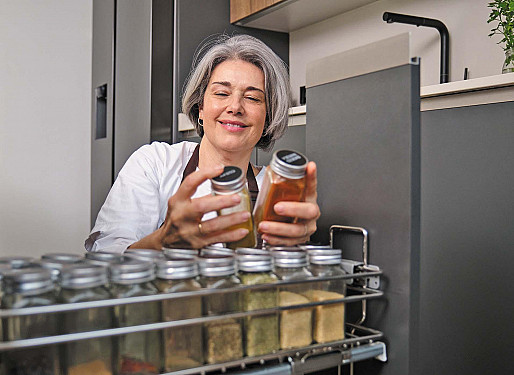6 healthy protein choices when cutting back on red meat

ARCHIVED CONTENT: As a service to our readers, Harvard Health Publishing provides access to our library of archived content. Please note the date each article was posted or last reviewed. No content on this site, regardless of date, should ever be used as a substitute for direct medical advice from your doctor or other qualified clinician.
Red meat hasn't been getting very good press lately. Meat-heavy diets have been linked to increased risks of developing heart disease, diabetes, and some cancers. New findings from two long-term studies now indicate that eating lots of meat, especially processed meat, may also shorten your life.
Turning vegetarian, or even vegan, isn't necessary. But as we write in the June issue of the Harvard Men's Health Watch, it does make sense to cut back on red meat and add in healthier sources of protein.
Meat and mortality
The new warning on red meat comes from a study of nearly 125,000 female nurses and male health professionals, whose diet and health have been followed by Harvard School of Public Health researchers for more than two decades. During this period, about 24,000 of the participants died from cardiovascular disease or cancer.
People in the study who ate the most red meat tended to die younger, and to die more often from cardiovascular disease and cancer. They also tended to weigh more, exercise less, smoke more, and drink more alcohol than those who ate less red meat. Yet even when the researchers compensated for unhealthy lifestyle factors, mortality and meat remained associated.
Compared to eating less than one serving a day of red meat, adding one daily serving increased the chances of dying during the study period by 13%. (A serving is three ounces, about the size of a deck of cards). Red meat meant beef, pork, lamb, and hamburger. For every extra serving of processed meat (foods like hot dogs, bacon, and cold cuts), the increase was 20%.
"This study provides clear evidence that regular consumption of red meat, especially processed meat, contributes substantially to premature death," said Dr. Frank Hu, one of the senior scientists involved in the study and a professor of nutrition at the Harvard School of Public Health.
Substituting healthy proteins
Cutting back on red meat offers a life-extending dividend. In the Harvard study, adopting a diet with less than half a serving of red meat a day could have prevented about 1 in 10 deaths, says Dr. Walter Willett, a senior scientist on the team and chair of the departments of nutrition and epidemiology at the Harvard School of Public Health.
Swapping out red meat for more healthful protein sources is another life-extending option. Six good choices include:
- fish
- chicken and turkey
- nuts
- beans
- low-fat dairy products
- whole grains
Replacing one serving a day of red meat with one of these options reduced mortality in the study by 7% to 19%.
Of course, these numbers apply to a large group of people. How switching will affect you is hard to predict. It's a good bet that reducing meat consumption—particularly processed meat—is likely to score you an advantage. "Making these kinds of decisions is like being a smart gambler," Willett says. "Nothing is guaranteed, but this is putting the odds in your favor."
About the Author

Daniel Pendick, Former Executive Editor, Harvard Men's Health Watch
Disclaimer:
As a service to our readers, Harvard Health Publishing provides access to our library of archived content. Please note the date of last review or update on all articles.
No content on this site, regardless of date, should ever be used as a substitute for direct medical advice from your doctor or other qualified clinician.















